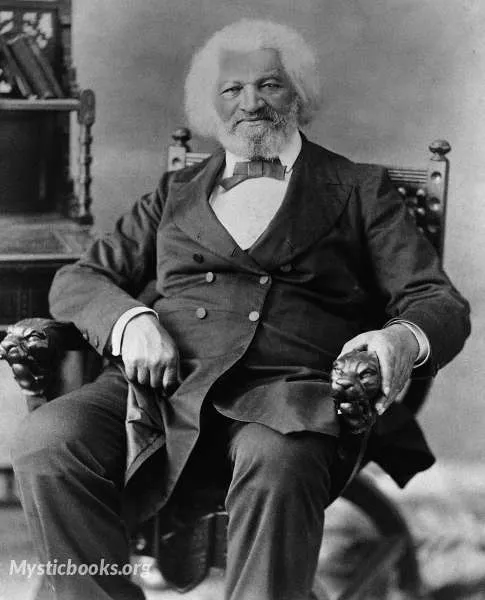
Timeline
Title
Country/Nationality
Frederick Douglass
Frederick Douglass was an American social reformer, abolitionist, orator, writer, and statesman. After escaping from slavery in Maryland, he became a national leader of the abolitionist movement in Massachusetts and New York, becoming famous for his oratory and incisive antislavery writings. Accordingly, he was described by abolitionists in his time as a living counterexample to slaveholders' arguments that slaves lacked the intellectual capacity to function as independent American citizens. Likewise, Northerners at the time found it hard to believe that such a great orator had once been a slave.
Douglass wrote three autobiographies, notably describing his experiences as a slave in his Narrative of the Life of Frederick Douglass, an American Slave (1845), which became a bestseller, and was influential in promoting the cause of abolition, as was his second book, My Bondage and My Freedom (1855). Following the Civil War, Douglass remained an active campaigner against slavery and wrote his last autobiography, Life and Times of Frederick Douglass. First published in 1881 and revised in 1892, three years before his death, the book covers events both during and after the Civil War. Douglass also actively supported women's suffrage, and held several public offices. Without his approval, Douglass became the first African-American nominated for Vice President of the United States as the running mate and Vice Presidential nominee of Victoria Woodhull, on the Equal Rights Party ticket.
Douglass was a firm believer in the equality of all peoples, be they white, black, female, Native American, or Chinese immigrants. He believed in dialogue and in making alliances across racial and ideological divides, as well as in the liberal values of the U.S. Constitution. When radical abolitionists, under the motto "No Union with Slaveholders", criticized Douglass' willingness to engage in dialogue with slave owners, he replied: "I would unite with anybody to do right and with nobody to do wrong."
Books by Frederick Douglass
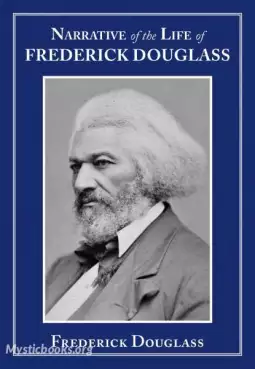
Narrative of the Life of Frederick Douglass
Narrative of the Life of Frederick Douglass is an 1845 memoir and treatise on abolition written by famous orator and former slave Frederick Douglass during his time in Lynn, Massachusetts. It is generally held to be the most famous of a number of nar...
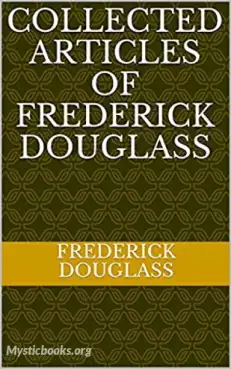
Collected Articles of Frederick Douglass
Douglass had personally experienced much suffering due to the intolerant racial attitudes held by so many white people at that time. He had felt the skin splitting sting of the plantation master’s whip and had witnessed people of his race being bough...
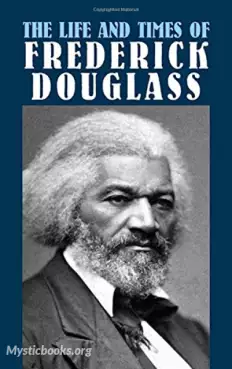
Life and Times of Frederick Douglass
Life and Times of Frederick Douglass is Frederick Douglass's third autobiography, published in 1881, revised in 1892. Because of the emancipation of American slaves during and following the American Civil War, Douglass gave more details about his lif...
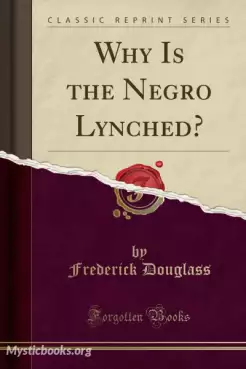
Why is the Negro Lynched?
We have felt that the most fitting tribute that we, of the Anti-Caste movement, can pay to the memory of this noble and faithful life is to issue broadcast—as far as the means entrusted to us will allow—his last great appeal for justice (uttered thro...
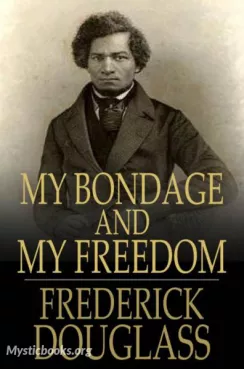
My Bondage and My Freedom
Unflinchingly unveils the riveting account of his life as a former slave turned abolitionist leader. With a captivating voice that resonates with unwavering determination, Douglass invites readers to witness the unimaginable horrors of slavery and th...
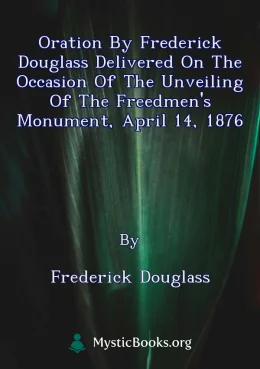
Oration by Frederick Douglass Delivered on the Occasion of the Unveiling of the Freedmen's Monument, April 14, 1876
This book presents Frederick Douglass's powerful speech delivered at the unveiling of the Freedmen's Monument in Lincoln Park, Washington D.C., on April 14, 1876. The speech, a potent blend of history, personal reflection, and impassioned advocacy, c...